ISME congratulates Jennifer Martiny as the first winner of the Winogradsky Award, the newly developed award for mid-career scientists who have substantially advanced the field of microbial ecology.


May 28, 2024
ISME congratulates Jennifer Martiny as the first winner of the Winogradsky Award, the newly developed award for mid-career scientists who have substantially advanced the field of microbial ecology.
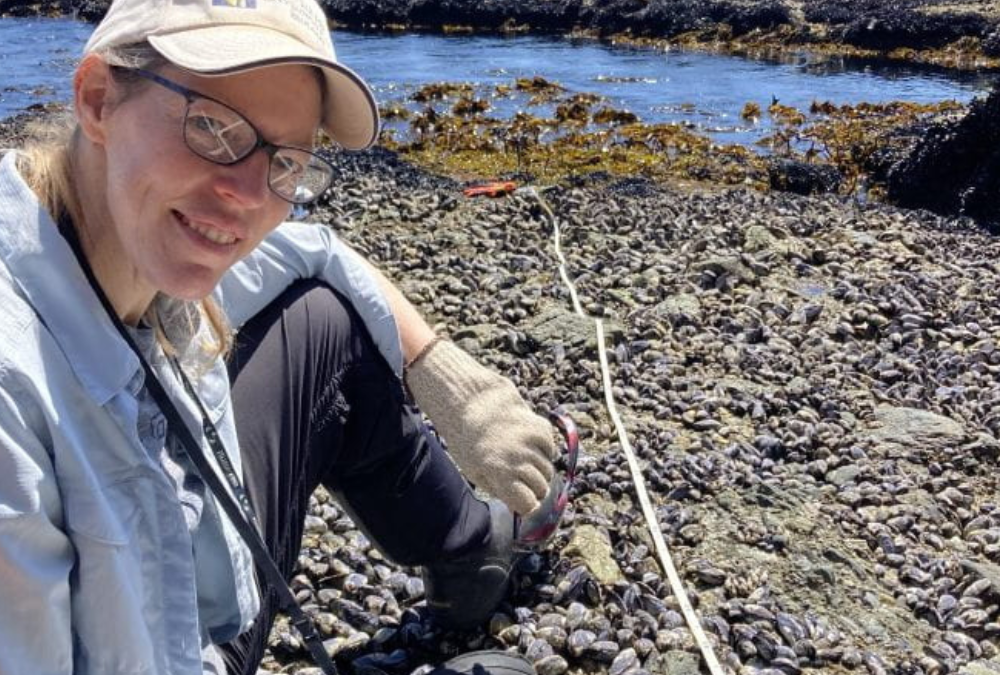
May 20, 2024
Marine biologist Cascade Sorte delves into the complex interactions between climate change and ocean species
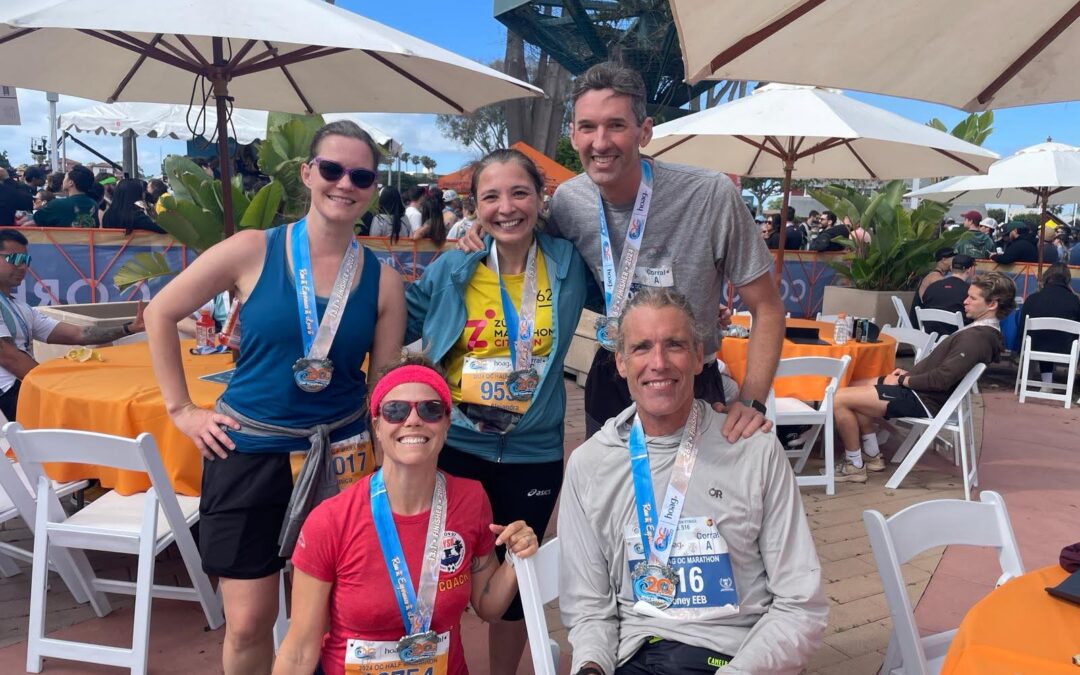
May 9, 2024
On May 4 and 5, members of the EEB (Ecology & Environmental Biology) Run Club laced up their sneakers to participate in the 2024 OC Marathon running festival. Showcasing their community spirit and love for running, the club’s members took part in various race events, including the full marathon, half marathon and 5K.

May 9, 2024
Congratulations to Valeria Lallai, PhD, Project Scientist in the lab of Professor Christie Fowler, for securing a grant from the Tobacco-Related Disease Research Program (TRDRP) as the Principal Investigator. This notable achievement highlights her role at the...
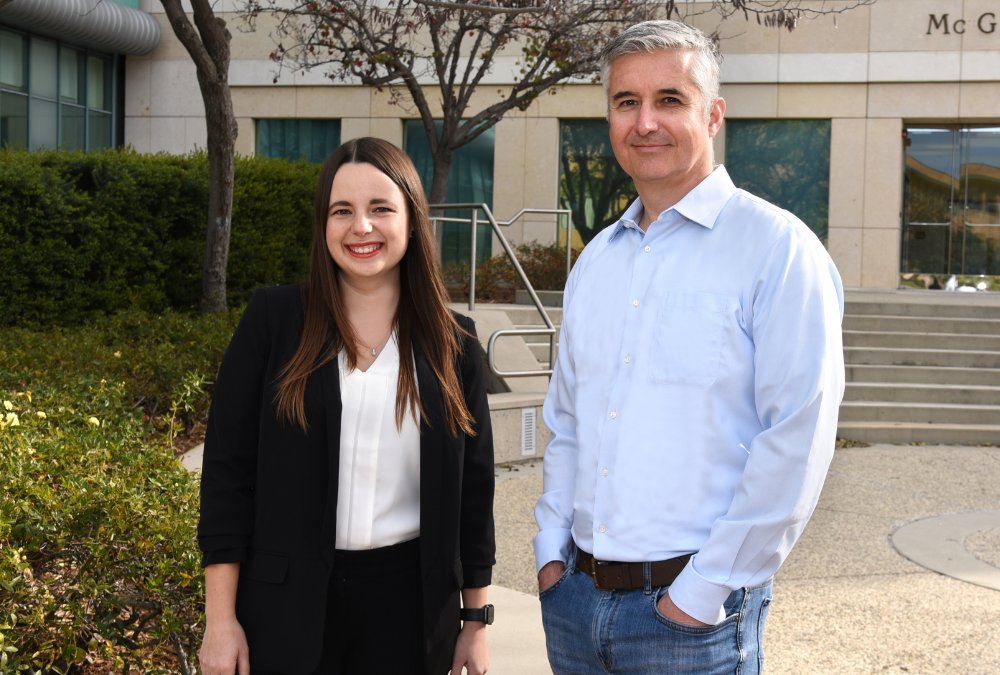
May 9, 2024
Groundbreaking research from the University of California, Irvine’s Department of Neurobiology & Behavior, led by Professor Marcelo Wood and Postdoctoral Research Fellow Ashley Keiser, unveils how specific exercise patterns may significantly enhance long-term memory formation. Published in Nature Communications, their study highlights a promising avenue for combating memory-related diseases like Alzheimer’s.
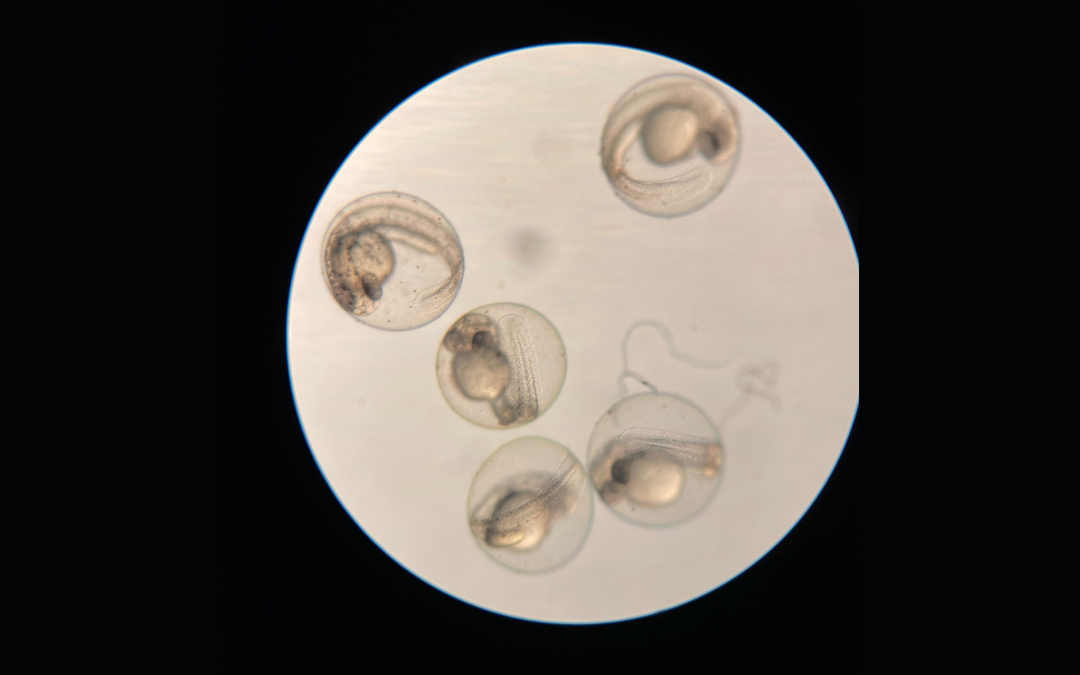
May 6, 2024
In the heart of Southern California, a groundbreaking collaboration is transforming the landscape of science, technology, engineering and mathematics (STEM) education. The SoCal BioEYES program, an initiative led by graduate students at the University of California,...

May 1, 2024
We are pleased to announce that Adriana Darielle Mejía Briscoe, Professor, Ecology and Evolutionary Biology, has been elected to the prestigious National Academy of Sciences. She is one of 144 scientists from around the world being recognized this year for their exceptional achievements in original research.
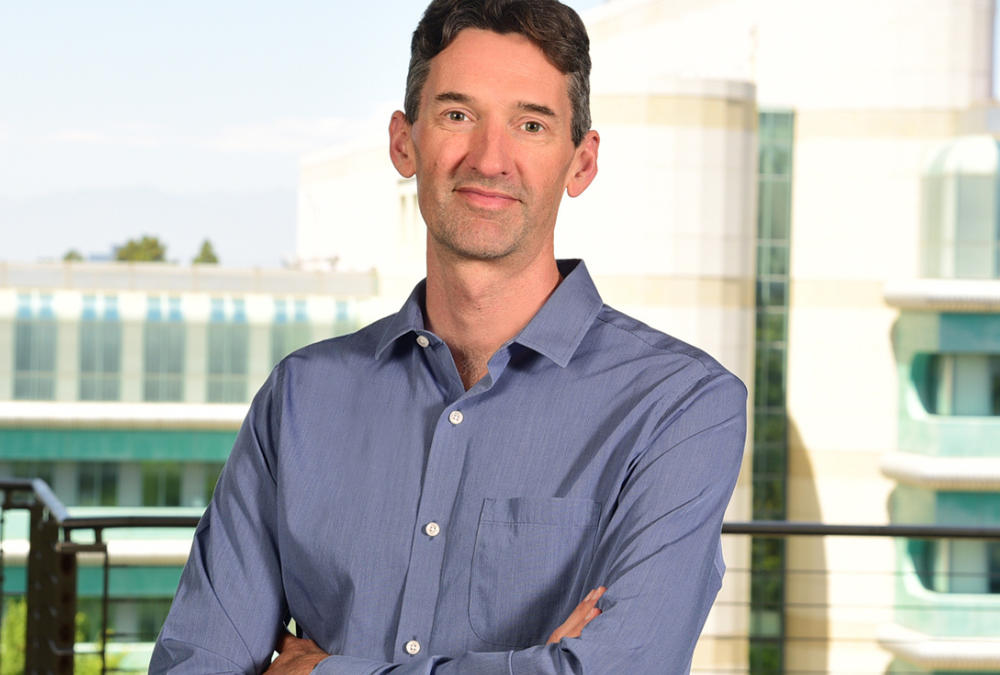
Apr 30, 2024
Irvine, Calif., April 30, 2024 – The University of California, Irvine School of Biological Sciences proudly announces that Professor Steven Allison has been named a 2024 Fellow by the Ecological Society of America (ESA), one of the world’s largest communities of...
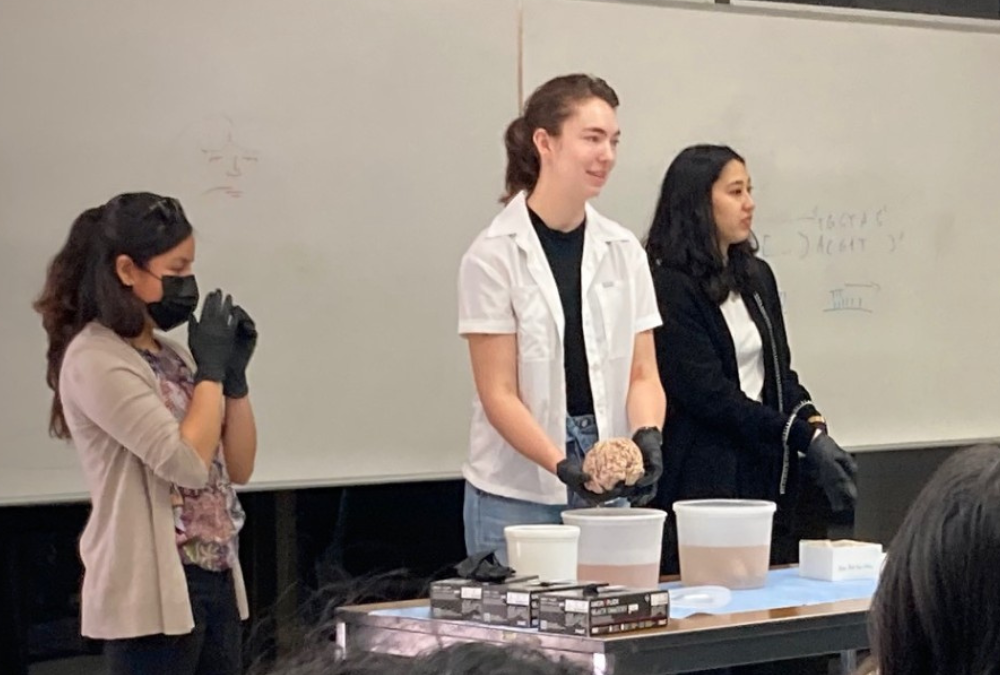
Apr 30, 2024
From left, Gema Olivarria, Ellie Andrews and Marina Ritchie Last Saturday, the University of California, Irvine buzzed with activity as roughly 100 high school students from Orange and Los Angeles counties converged for a noteworthy outreach event. Organized by the...
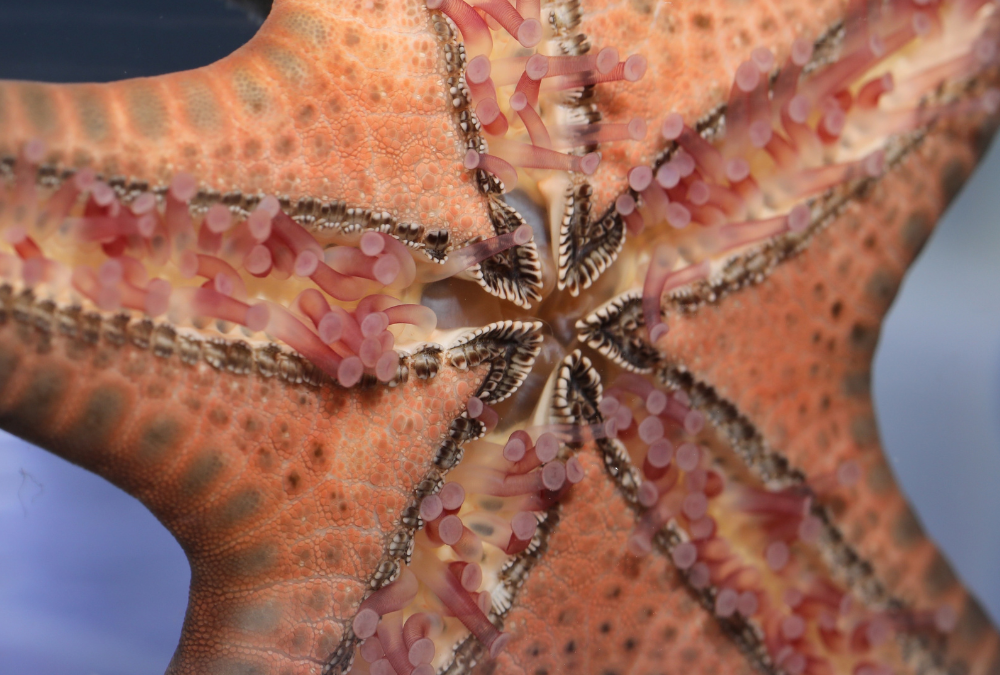
Apr 16, 2024
Underside view of a chocolate chip sea star (Protoreaster Nodosus), which shows the many feet that generate forces on the body during locomotion. Matt McHenry Irvine, Calif., April 16, 2024 — In a significant scientific breakthrough, researchers from the University of...